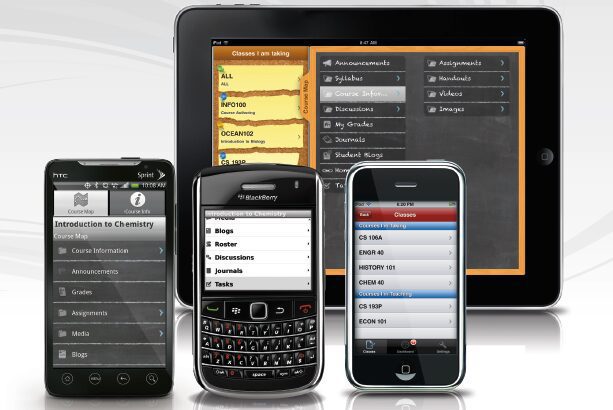Mobiles – the ultimate electronic tool write the folks at the Internet Evangelism website.
Amazing statistic: three-quarters of the world’s population has access to a mobile phone, says a new World Bank study infographic [summary and comment]. And that doesn’t just mean the rich West. Over 70% of sub-Saharan Africans have access to a mobile. There are nearly 5 billion mobile users in the Majority World.
There are a growing number of solutions that connect cheap mobile phones to web services without using expensive web bandwidth, and even for phones which have no web connection at all.
Google is launching GMail SMS in Africa. Many African and Asian mobile companies offer access to Facebook and Wikipedia free, without a web connection.
The remarkable World Reader effectively turns dumb non-web phones into e-reader smartphones with a library of ebooks available in the cloud. E-readers are transforming education.
Bibles for mobile phones in a growing number of languages can be downloaded not only onto smartphones, but also java-equipped feature phones.
These developments are transforming life, development, trade, education, knowledge and communication in myriads of ways across continents. You can read the World Bank study in PDF: 8-page executive summary | 244 page full study. A particularly helpful shorter free ebook is Tomi Ahonen’s Insider’s Guide to Mobile.
Think mobile
The potential for evangelism and discipleship is vast. Every mission, every Majority World national church grouping, every Western ministry or outreach team, should surely have a working group to analyze and propose strategies.
Check other mobile developments we’ve covered recently. To be informed on new resources relating to mobile ministry and opportunities, follow the #mobmin Twitter hashtag.
Do you have a mobile story to tell? Please share on our comments section.
Read more: http://www.internetevangelismday.com/blog/archives/8727#ixzz2KVGYjEWR
at Internet Evangelism Day
Under Creative Commons License: Attribution
Tags: evangelism, Internet, Mobile

